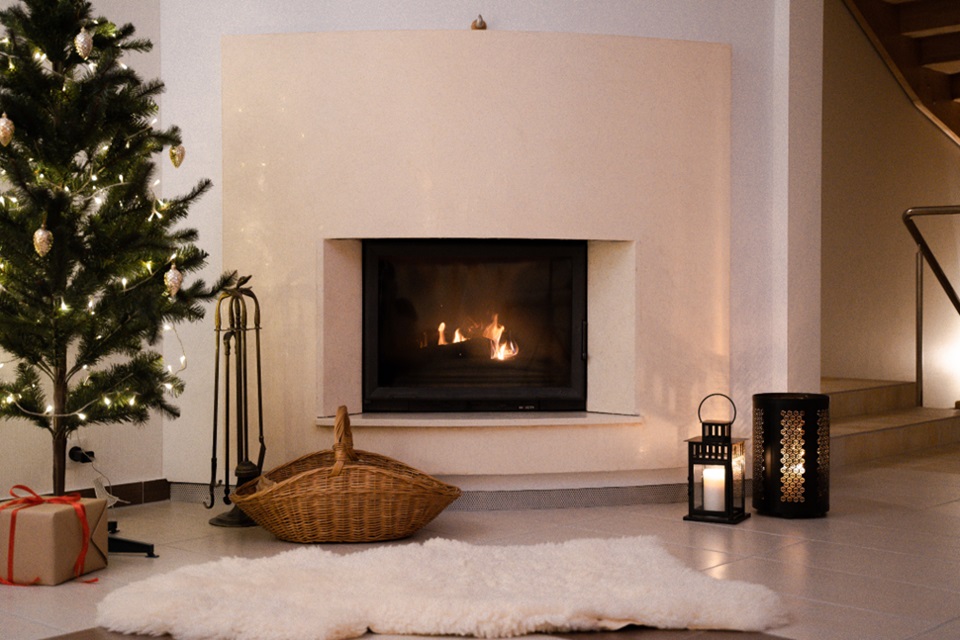Winter is coming, and it’s time to start thinking about heating your home. Regardless of where you live, heating your home is a basic necessity, and it’s important to have the right system to keep you and your family warm all winter. With so many different options, choosing the best system for your heating installation can be daunting. Here’s a guide to help you make an informed decision that meets your needs and budget:
Table of Contents
Consider Your Home’s Size & Layout
The first thing to consider when choosing a heating system is the size of your home. You need to ensure that your heating system is powerful enough to reach every room in your home. A good rule of thumb is to opt for a system that can produce 40-45 BTUs per square foot of your home. Additionally, consider the layout of your home. Ducted heating systems may be the most efficient option if your home has multiple levels or many hallways and rooms. For smaller homes, electric heaters are often a good choice.
Evaluate Your Energy Sources
The choice of heating system also depends on the type, availability, and cost of energy sources in your area. If you have natural gas access, your best option might be a gas furnace. If you live in an area with high electricity costs, an electric heat pump might be the most budget-friendly choice. When choosing a heating system, you should also consider the potential long-term cost of energy sources, such as the rising cost of natural gas.
Determine Your Comfort Needs
Another consideration when choosing a heating system is your comfort needs. If you have particular requirements for temperature control, then a ducted heating system might be the most efficient option. If you want to control the temperature in each room independently, then zoned heating may be the right choice. If you’re particularly sensitive to the dry air that comes with heating systems, a hydronic system that emits warm water or steam might be the best option.
Look At The Long-Term Costs
When choosing a heating system, it’s important to consider the upfront costs and the long-term costs. The energy efficiency of your system is key in determining your long-term costs. A more energy-efficient system, like a heat pump, will cost you less in the long run by reducing your energy bills.
Get Expert Advice
Finally, before choosing a heating system, get expert advice. A heating and cooling professional can evaluate your home to recommend the best heating system based on your needs, budget, and preferences. They can also install your system and advise you on maintenance schedules.
Choosing the right heating system for your home can be challenging, but making an informed and educated choice can save you time, money, and frustration in the long run. Consider your home’s size and layout, evaluate your energy sources, determine your comfort needs, look at the long-term costs, and seek expert advice to find the best heating system. Don’t wait until winter arrives; start exploring your options now! Consult a professional and install your new heating system before the cold weather sets in.



